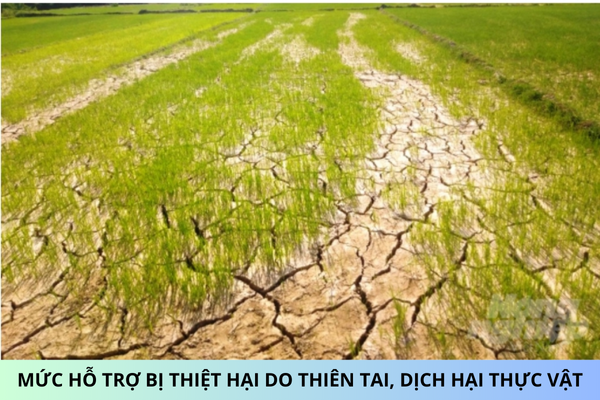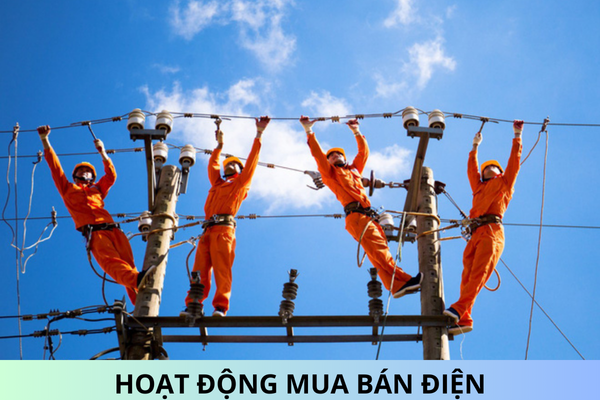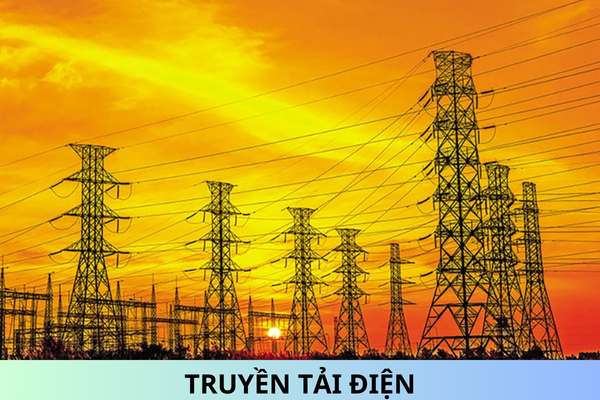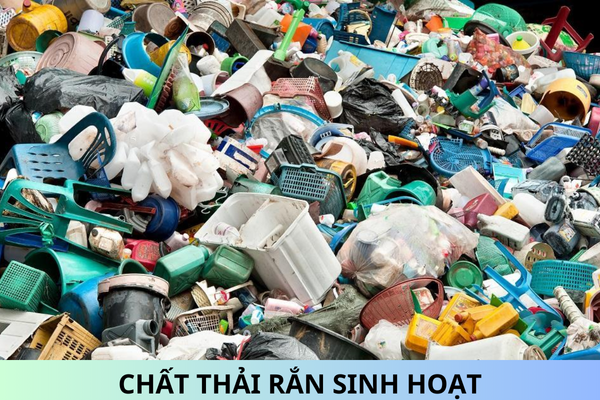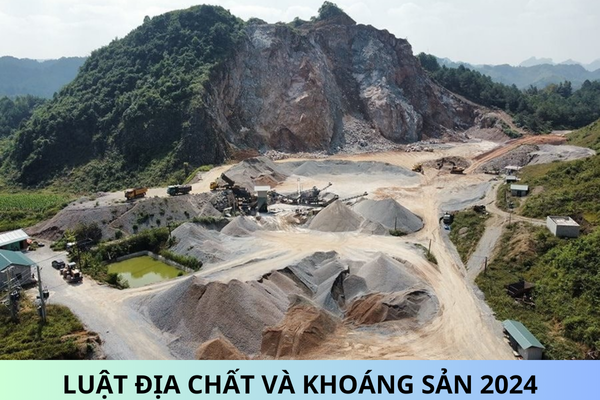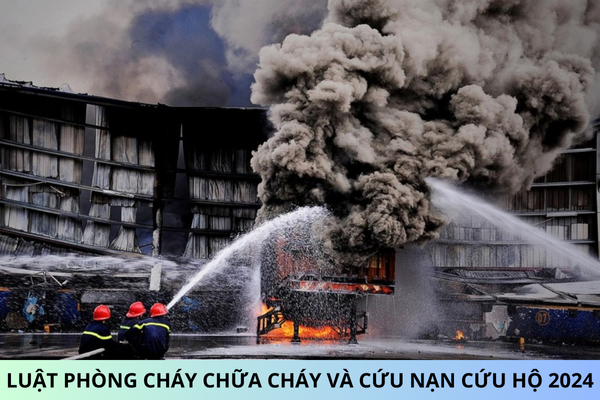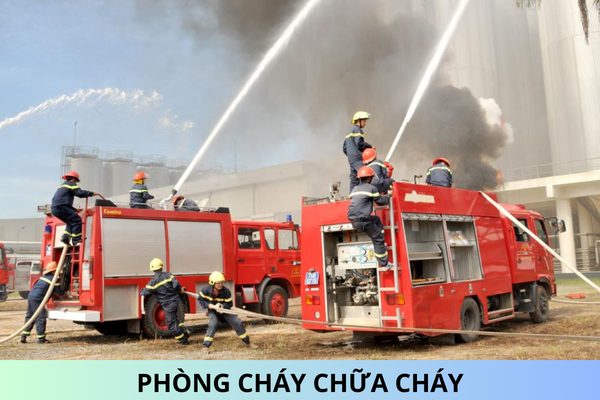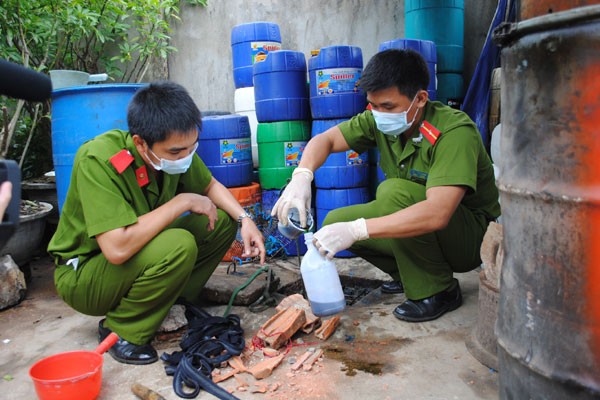Issuance of Regulations on Environmental Inspection of Wastewater by the People's Public Security Force from February 1, 2024 in Vietnam
Is it correct that the People's Public Security Force in Vietnam has just issued the new Circular promogating environmental inspection of wastewater, which takes effect from February 1, 2024? Thank you!
Issuance of Regulations on Environmental Inspection of Wastewater by the People's Public Security Force from February 1, 2024 in Vietnam
On December 18, 2023, the Minister of Public Security issued Circular 71/2023/TT-BCA, which regulates the environmental inspection of wastewater by the People's Public Security Force.
Circular 71/2023/TT-BCA establishes guidelines for sampling, on-site measurement, wastewater sample testing, the professional qualifications of inspection officers, and quality assurance and control in the environmental inspection of wastewater by the People's Public Security Force.
The inspection of wastewater of the People's Public Security Force must adhere to the following principles:
- Wastewater inspection must be conducted using methods specified in national technical standards or regulations regarding wastewater.
- If any methods for wastewater inspection are modified, supplemented, or replaced, the new methods shall be applied accordingly.
Issuance of Regulations on Environmental Inspection of Wastewater by the People's Public Security Force from February 1, 2024 in Vietnam - Image from Internet
What are procedures for the wastewater sample inspection by the People's Public Security Force in Vietnam?
The procedure for the wastewater sample inspection by the People's Public Security Force is regulated in Article 19 of Circular 71/2023/TT-BCA as follows:
Wastewater Sample Inspection Procedure
1. The inspection unit, upon receiving the wastewater sample for inspection, must evaluate the sample and review the requirements for the inspection to determine its compatibility with the inspection capacity. If it is not compatible with the inspection capacity, the inspection may be rejected or coordinated with another unit. If the wastewater sample is accepted for inspection, it is then encoded, and an officer is assigned to carry out the inspection.
2. The inspection officer, based on the parameters and inspection methods, prepares the appropriate equipment, tools, chemicals, and materials necessary for the inspection.
3. The inspection officer carries out the inspection according to the established procedure for each specific method.
4. Upon completion of the wastewater sample inspection:
The inspection officer is responsible for documenting the inspection in accordance with the Laboratory Inspection Report template and issuing the environmental inspection conclusion using the Environmental Inspection Conclusion template or the Environmental Inspection Conclusion template with a laboratory certification that meets national and international standards according to ISO/IEC 17025. If the requirements for conclusion are not met, the inspection results should be documented using the Environmental Inspection Result template or the Environmental Inspection Result template with a laboratory certification that meets national and international standards according to ISO/IEC 17025. The remaining portion of the sample after inspection should be stored according to quality control regulations and environmental sample management regulations. The retention period for the wastewater sample inspection is 30 days from the completion of the inspection unless otherwise specified.
As regulations above, the procedures for the wastewater sample inspection by the People's Public Security Force in Vietnam are as follows:
Step 1: The inspection unit receives the wastewater sample
Step 2: The inspection unit evaluates the wastewater sample and reviews the requirements for the inspection to determine its compatibility with the inspection capacity.
Step 3: If it is compatible with the inspection capacity, the wastewater sample is then encoded, and an officer is assigned to carry out the inspection.
Step 4: The inspection officer prepares the appropriate equipment, tools, chemicals, and materials necessary for the inspection.
Step 5: The inspection officer carries out the inspection according to the established procedure for each specific method.
Step 6: The inspection is concluded.
What are regulations on determination of wastewater sampling points by the People's Public Security Force in Vietnam?
The determination of wastewater sampling points by the People's Public Security Force is regulated as follows in Article 11 of Circular 71/2023/TT-BCA:
[1] The wastewater sampling point is selected at the discharge point into the environment where there is turbulent flow, ensuring the wastewater is well-mixed, easily accessible, and safe for personnel and sampling equipment.
If the intended position for sampling point does not ensure safety, it must be eliminated, and another position should be selected to ensure safety.
[2] After determining the wastewater sampling point, the geographic coordinates of the sampling point must be determined.
In cases where the geographic coordinates cannot be determined, a fixed reference object must be chosen to describe the position of the sampling point in the sampling report.
[3] In cases where the discharge point does not have a location with turbulent flow, one of the following methods can be used to create turbulent flow:
- Select at least three locations along the cross-section of the wastewater flow, not close to the edge of the wastewater flow. Perform sampling techniques at the selected locations, collecting approximately equal amounts of samples within a period of no more than 15 minutes, and mix the samples thoroughly for homogeneity.
- Create a V-shaped or rectangular barrier to narrow the cross-sectional area of the wastewater flow. The sampling point should be selected behind the narrowed section, at a distance of at least three times the diameter of the discharge outlet.
Note: Circular 71/2023/TT-BCA takes effect from February 1, 2024, and replaces Circular 41/2020/TT-BCA.
Best regards!
